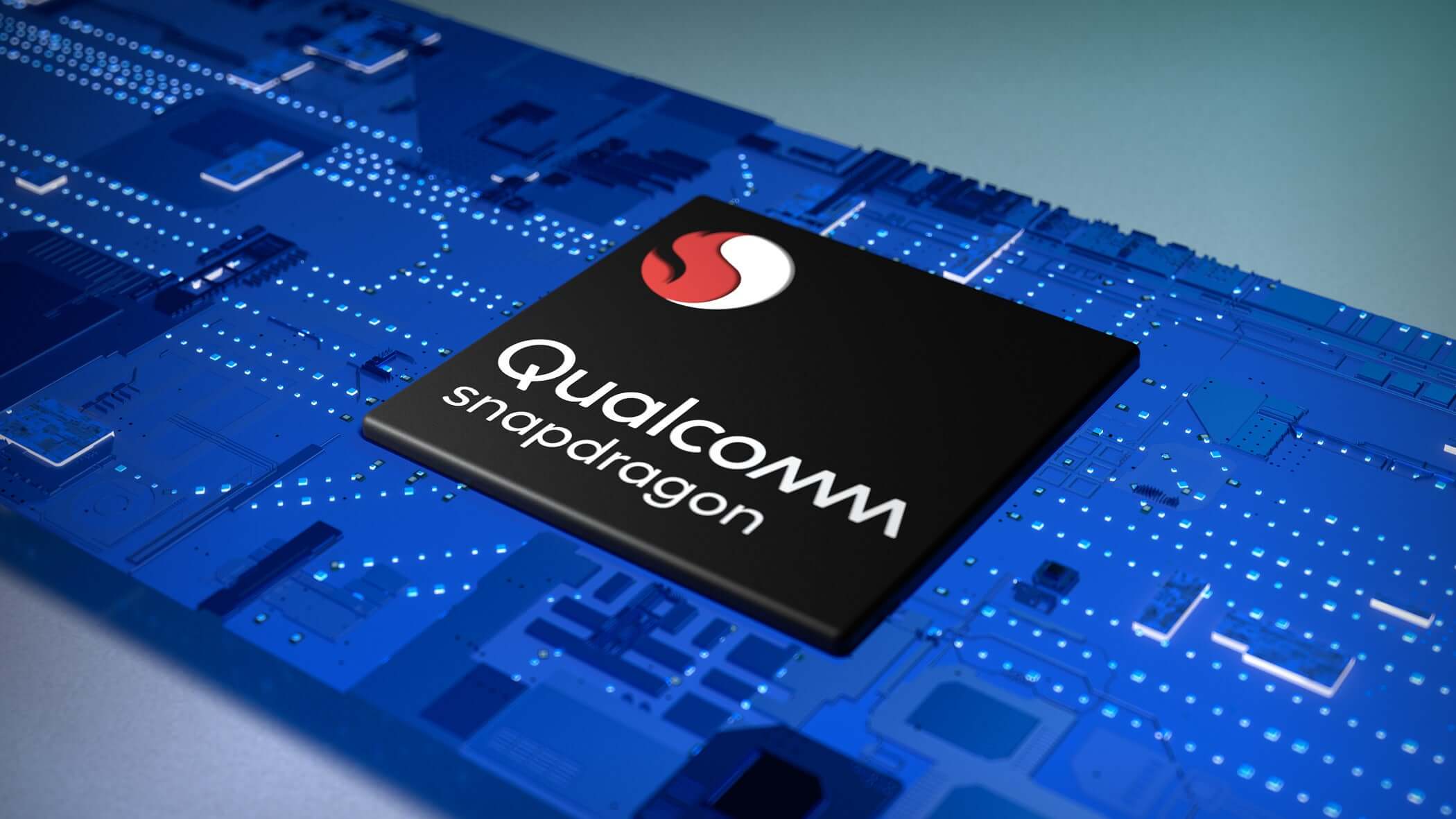Qualcomm, one of the biggest semiconductor manufacturers in the world, is gearing up to challenge Apple and it’s oh-so-spectacular M1 SoC. Fortunately, the higher-ups are well aware that they’re embarking on a marathon, rather than a sprint. Their goal is to have a competing product running Windows by the end of 2023. That should, in theory, give them enough time to conjure up a chipset that might stand a chance in a head-to-head battle — “might” being the operative word here.
During a recent Investor Day 2021 event, Qualcomm’s CTO Dr. James Thompson briefly touched on their plans to “set the performance benchmark for Windows PCs” and, in doing so, offer a similar value as Apple’s M1 SoCs. We’re talking about a chipset that would be incredibly efficient but also powerful enough to handle even the more demanding workflows like gaming, video editing, code compiling, and what have you.

The Architecture of Qualcomm’s Next-Gen SoC
It’s a tall order, no doubt, but Qualcomm have already found a ton of success with their Snapdragon SoCs, so there’s no reason to laugh at their attempt, no matter how optimistic or outlandish it might be.
Potentially Great Things Are In the Pipeline
In fact, they already have such a chipset in the works, although it won’t reach PC OEMs any sooner than Q3 2022.
Now, naturally, there’s always this lingering doubt when a company puts forth such bold, ambitious plans, but we’re sure that Qualcomm wouldn’t dare embark on such a journey if they weren’t confident enough in their engineering prowess.
And, well, probably the biggest reason as to why they’re so confident is because they’ve recently acquired Nuvia, a team of engineers who also happen to be former Apple employees — the same ones that had worked on its A series of chipsets. Qualcomm has promised a huge generational leap in terms of performance all the while retaining a meagre power envelope (around 5W); a lofty goal, no doubt, but also one that is by no means far-fetched.
All in all, it seems that the ARM battle has only just begun! And even though Qualcomm’s 8cx chipset failed to deliver (we’re putting it mildly here), it was nonetheless an acceptable first step. Apple obviously threw down the gauntlet in the most theatrical (and commanding) of ways, but a more competitive market would no doubt do us wonders.
The bar has been set high. Perhaps a bit too high if you ask us, but we nonetheless admire Qualcomm’s audacity. ARM is the future, and the sooner Qualcomm begins competing in this segment of the market (at a high enough level, that is), the sooner it’ll bear the fruits of its labor.







